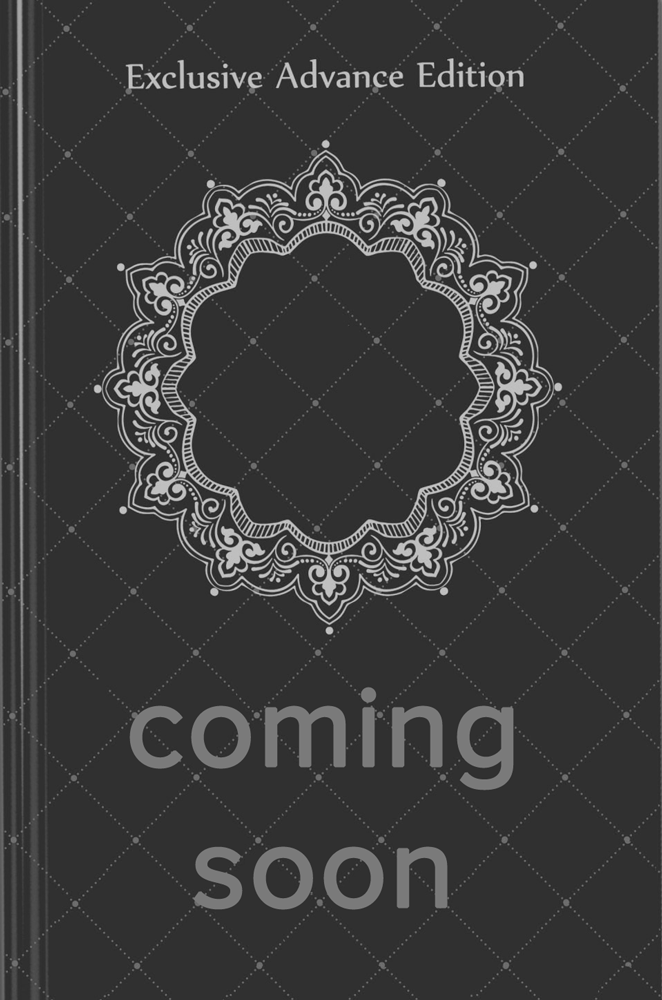Gibson first received teachings on the Tibetan language in 2014 when Geshe Michael Roach taught the Steps on the Path. During the lecture, Gibson was inspired by Geshe Michael mentioning that less than 1% of the Tibetan classics had been translated into modern languages. He emphasized the significance of these translations, stating that these teachings in Tibetan hold greater importance than even the cure for cancer, as they have the potential to conquer death itself. This profound statement ignited Gibson’s interest in learning the Tibetan language greatly.
When DCC program began in 2017, Gibson knew that he must attend. He immersed himself in the process of learning these teachings and in how to translate Tibetan texts in a way that makes them accessible and applicable in everyday life. Till now, Gibson’s love for Ancient teachings and Tibetan never stops, he is very grateful to be part of the Mixed Nuts, to help to bring Ancient Teachings to Modern Life.



